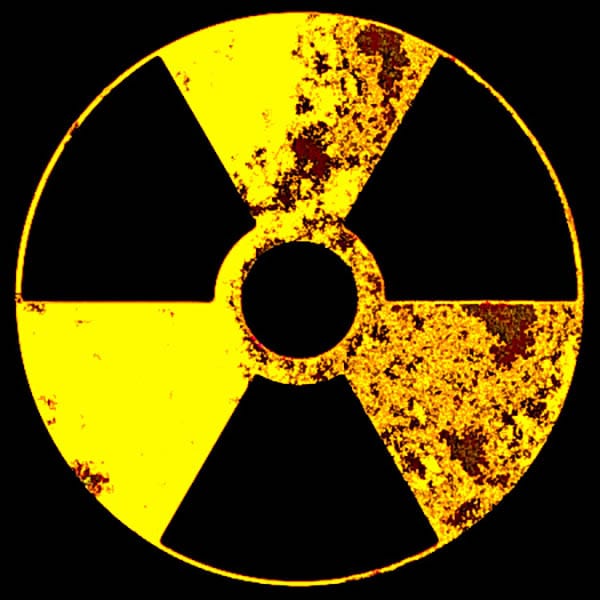
Editor: Vladimir Bajic | Tactical Investor
Filibuster Nuclear option
The topic you bring up centers around the filibuster and the nuclear option, as well as the consequences of these political maneuvers. It is important to note that the filibuster and the decision to deploy the nuclear option are complex and controversial elements of the legislative process in the United States.
The filibuster is a parliamentary procedure that allows senators to extend debate on a bill, effectively delaying or preventing its passage. It has historically been used as a tool to protect minority interests, ensuring that legislation undergoes thorough examination and debate. However, it has also been criticized for its potential to create gridlock and impede legislative progress.
The nuclear option, on the other hand, refers to the procedure by which Senate rules can be modified or bypassed to eliminate or alter the impact of the filibuster. It requires a simple majority vote, rather than the usual three-fifths majority (60 votes) required to overcome a filibuster.
In recent years, both Democrats and Republicans have utilized the nuclear option to advance their policy goals. The decision by Senate Republicans, led by Mitch McConnell, to invoke the nuclear option in 2017 allowed for the confirmation of Supreme Court justices with a simple majority rather than the previous requirement of a 60-vote threshold. This decision had significant implications for the ideological composition of the Supreme Court, as President Trump was able to nominate and confirm conservative judges.
The long-term consequences of these actions are subject to interpretation and speculation. Some argue that the shift in the ideological balance of the Supreme Court could have far-reaching implications for legal decisions and the country’s direction. Others contend that it is within the rights of the majority party to exercise their power to shape the judiciary and that such actions are part of the usual ebb and flow of political dynamics.
It is worth noting that political decisions and their consequences often generate differing opinions and perspectives. The impact of the filibuster, the use of the nuclear option, and the composition of the Supreme Court are ongoing subjects of debate and analysis. It is essential for individuals to engage in informed discussions and consider multiple viewpoints when evaluating the implications of these political processes.
Filibuster Nuclear Option Haunting Democrats Now
The filibuster and the nuclear option continue to be topics of debate and contention within the realm of American politics. While the Republicans employed the nuclear option in the past to confirm Supreme Court justices, it is important to note that the Democrats have also faced challenges related to these procedural manoeuvres.
Historically employed by both parties, the filibuster has often been viewed as a safeguard for minority interests and a means of fostering robust debate on legislative matters. However, its use has also been criticized for potentially obstructing progress and hindering the enactment of important policies.
In recent years, some Democrats have expressed concerns about the impact of the filibuster on advancing their policy agenda. They argue that the 60-vote threshold required to overcome a filibuster can impede the passage of key legislation, particularly when the Senate is closely divided. As a result, there have been calls from certain Democrats to consider reforming or eliminating the filibuster to facilitate the advancement of their priorities.
However, it is crucial to recognize that altering or eliminating the filibuster is a contentious issue that requires careful consideration and deliberation. There are divergent opinions within the Democratic Party itself regarding the potential consequences and benefits of such a move. Some argue that eliminating the filibuster would enable Democrats to more effectively implement their policy agenda, while others express concerns about the potential for abuse of power and the erosion of minority rights.
The decision to embrace or reject the use of the nuclear option is a complex and strategic one for any political party. Democrats, like Republicans before them, must weigh the immediate benefits of bypassing the filibuster against the potential long-term implications and the precedent it may set for future legislative battles.
As with any political decision, the impact of the filibuster and the nuclear option on Democrats is multifaceted and subject to varying perspectives. The ongoing discussion surrounding these procedural tools reflects the complexities and challenges of governing in a deeply divided political landscape.
Other Articles of Interest
Central Banks Prime Directive-Rob the Poor to Pay the Rich (Dec 5)
Freedom & Independence-almost extinct & forgotten concepts (Sept 23)
Psychological & Economic Deception Wall Street’s Weapon of Choice (Sept 1)










